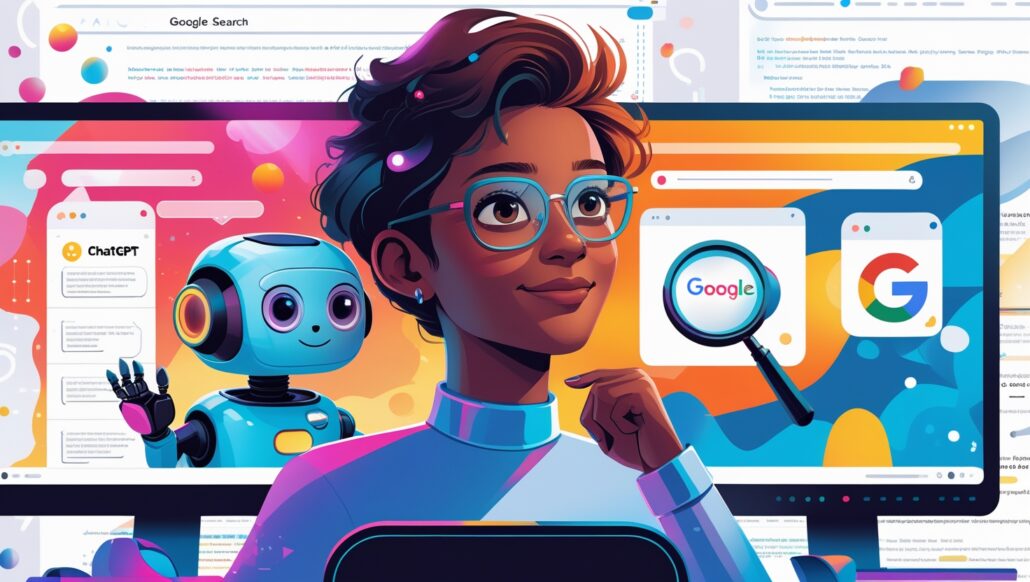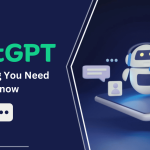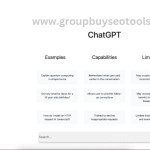
For decades, Google has been synonymous with finding information online. We “Google” everything from restaurant recommendations to complex technical questions. But with the rise of ChatGPT and other AI-powered conversational tools, many are wondering if traditional search engines are becoming obsolete.
The reality is more nuanced than a simple replacement story. ChatGPT and Google serve fundamentally different purposes in our information-seeking behavior. While Google excels at surfacing specific resources and real-time information, ChatGPT shines at synthesizing knowledge and providing conversational explanations. Rather than competing head-to-head, these tools are expanding our search toolkit and changing how we approach different types of questions.
Understanding when and how to use each tool can dramatically improve your productivity and information quality. Let’s explore how ChatGPT and Google complement each other in our modern search landscape.
How ChatGPT and Google Approach Search Differently
The fundamental difference between ChatGPT and Google lies in their core functions and methodologies.
Google operates as a discovery engine, crawling billions of web pages and connecting you to specific sources. When you search for “best pizza in Chicago,” Google provides a list of websites, reviews, and local business listings. It’s designed to point you toward authoritative sources where you can find the information you need.
ChatGPT, on the other hand, functions as a synthesis engine. It draws from its training data to provide direct answers and explanations in a conversational format. Ask ChatGPT about pizza in Chicago, and it might explain different pizza styles, recommend popular neighborhoods for pizza hunting, or help you understand what makes Chicago deep-dish unique.
Real-Time vs. Knowledge-Based Information
Google’s strength lies in providing current, time-sensitive information. Stock prices, news updates, weather forecasts, and recently published content are all areas where Google dominates. The search engine continuously indexes new content, ensuring you get the most up-to-date results.
ChatGPT operates from a fixed knowledge base with a training cutoff date. While this limitation means it can’t provide real-time information, it excels at explaining established concepts, providing context, and helping you understand complex topics without needing to sift through multiple sources.
When to Use ChatGPT for Your Searches
ChatGPT proves most valuable when you need explanations, analysis, or help working through complex problems. Here are specific scenarios where conversational AI outperforms traditional search:
Complex Problem-Solving
When you’re working through multi-step problems or need to understand relationships between concepts, ChatGPT can guide you through the process. Instead of opening multiple browser tabs and piecing together information from different sources, you can have a back-and-forth conversation that builds understanding progressively.
Learning and Education
ChatGPT excels at breaking down complex topics into digestible explanations. Whether you’re learning a new programming language, understanding historical events, or grasping scientific concepts, the AI can adjust its explanations to your level of understanding and answer follow-up questions naturally.
Content Creation and Brainstorming
Need help writing, editing, or generating ideas? ChatGPT can assist with creative tasks, provide writing suggestions, and help overcome creative blocks. It can generate outlines, suggest improvements to existing content, and offer alternative approaches to presenting information.
Comparative Analysis
When you need to understand the differences between options or concepts, ChatGPT can provide side-by-side comparisons with context. Rather than researching each option individually through Google, you can get a comprehensive comparison that highlights key differences and similarities.
When Google Still Reigns Supreme
Despite ChatGPT’s capabilities, Google remains unmatched in several key areas that are essential to modern information seeking.
Current Events and Real-Time Data
For breaking news, current stock prices, weather updates, or any time-sensitive information, Google’s real-time indexing capabilities make it irreplaceable. ChatGPT’s training cutoff means it cannot provide information about recent events or changing data.
Specific Source Discovery
When you need to find particular websites, documents, or authoritative sources, Google’s search capabilities are unparalleled. Whether you’re looking for academic papers, official government documents, or specific product pages, Google can pinpoint exactly what you need.
Local and Location-Based Searches
Finding nearby businesses, checking store hours, getting directions, or discovering local events requires Google’s integration with maps and local business data. These location-specific queries rely on real-time, geographically relevant information that ChatGPT cannot provide.
Visual and Multimedia Content
Searching for images, videos, or other multimedia content remains Google’s domain. The search engine’s ability to index and surface visual content, along with features like reverse image search, provides capabilities that text-based AI tools cannot match.
The Power of Using Both Tools Together
The most effective approach to modern information seeking involves leveraging both tools strategically. This hybrid approach can significantly improve both the speed and quality of your research.
Start with ChatGPT for Context
When approaching a new topic, begin with ChatGPT to build foundational understanding. Ask for overviews, key concepts, and context that will help you ask better questions later. This background knowledge makes your subsequent Google searches more targeted and effective.
Use Google for Verification and Sources
After getting initial insights from ChatGPT, use Google to verify information, find recent developments, and locate authoritative sources. This step is crucial for important decisions or when accuracy is paramount.
Combine for Research Projects
For comprehensive research projects, alternate between both tools. Use ChatGPT to understand concepts and generate research questions, then use Google to find current studies, specific data, and authoritative sources. Return to ChatGPT to help analyze and synthesize what you’ve found.
How Search Behavior Is Evolving
The introduction of conversational AI is fundamentally changing how people approach information seeking. Rather than replacing existing behaviors, it’s creating new patterns and expectations.
Question Complexity Is Increasing
People are asking more sophisticated, multi-part questions when they have access to conversational AI. Instead of simple keyword searches, users are comfortable posing complex scenarios and expecting nuanced responses.
Expectation for Conversational Follow-Up
Users now expect to be able to refine and build on their initial queries through conversation. This expectation is beginning to influence how people interact with all search tools, including traditional search engines.
Demand for Synthesis Over Links
There’s a growing preference for direct answers and synthesis rather than lists of links to explore. This trend is pushing traditional search engines to provide more direct answers and featured snippets.
Looking Forward: The Future of Search
The search landscape continues to evolve rapidly, with both traditional search engines and AI tools improving their capabilities and finding their optimal roles.
Google has already begun integrating AI-powered features into its search results, providing more direct answers and conversational elements. Meanwhile, AI tools like ChatGPT are exploring ways to provide more current information and better source attribution.
The future likely holds even more sophisticated integration between these approaches. We may see tools that combine real-time data access with conversational AI, or search interfaces that know when to provide links versus direct answers based on the type of query.
Mastering Modern Search
ChatGPT hasn’t replaced Google—it has expanded our search toolkit and given us new ways to find and understand information. The most effective researchers and information seekers understand the strengths of each tool and use them strategically.
Google remains essential for current information, specific sources, and discovery tasks. ChatGPT excels at explanation, analysis, and synthesis. Using both tools together, rather than viewing them as competitors, unlocks the full potential of modern information seeking.
As these tools continue to evolve, the key is maintaining flexibility in your approach and understanding that different types of questions require different types of search strategies. The goal isn’t to choose one tool over another, but to master the art of knowing which tool serves your specific information needs best.







